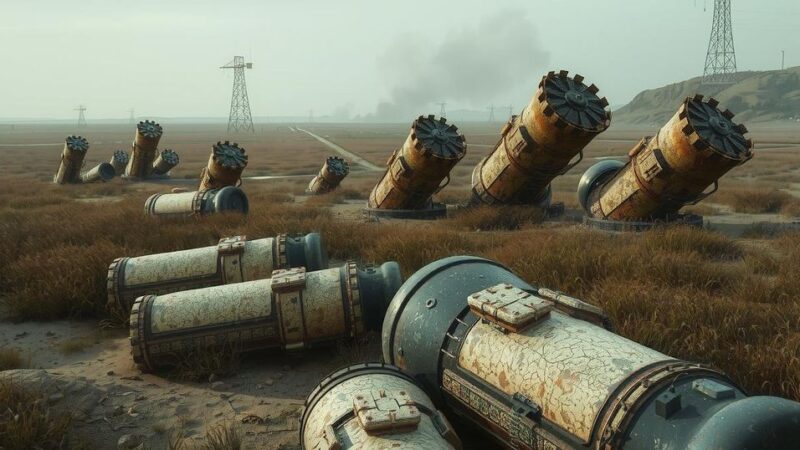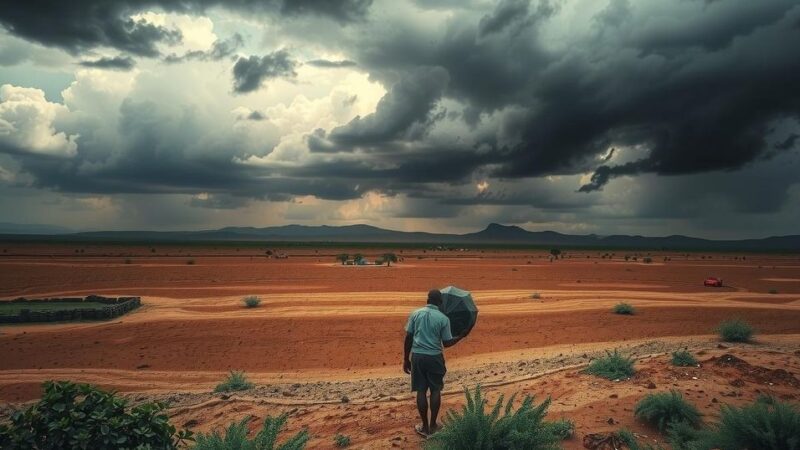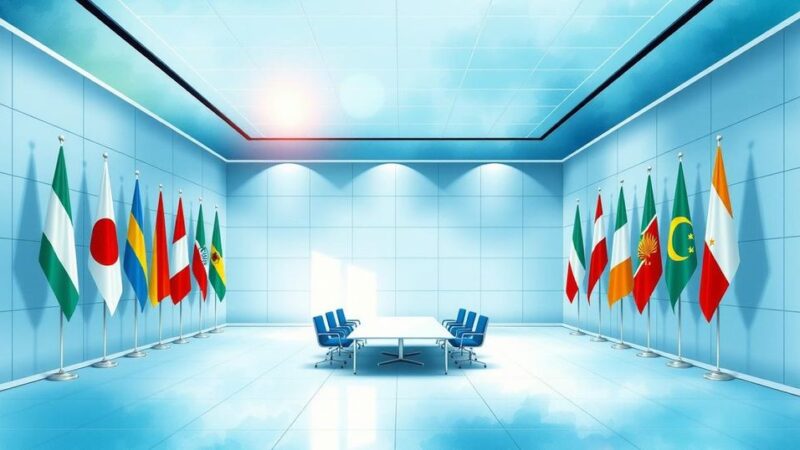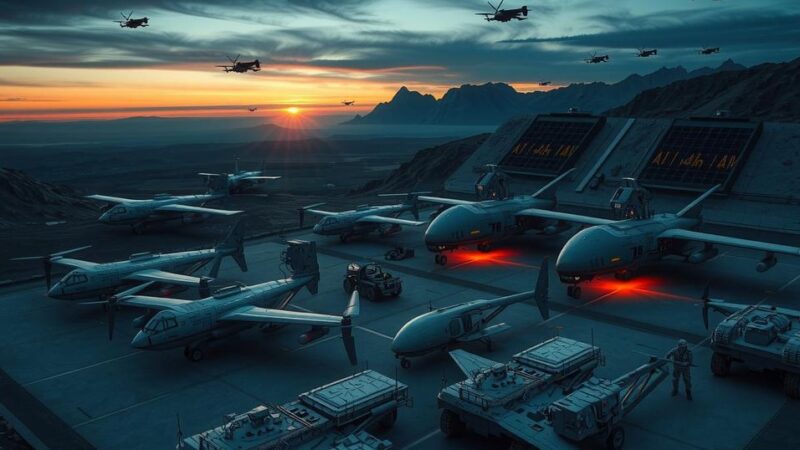Residents of Goma are frustrated following the M23 rebel group’s decision to boycott peace talks led by Angola, citing European sanctions as justification. Many locals had seen the talks as a potential resolution to their suffering caused by M23’s takeover of the city. Civil society has urged for inclusion in negotiations, emphasizing the multidimensional nature of the crises affecting the region.
Residents in Goma are voicing their frustrations following the M23 rebel group’s refusal to attend Angola-led peace talks. This decision has fostered a prevailing sense of despair among locals who had viewed the negotiations as a potential avenue for alleviating their suffering, especially following the rebel group’s seizure of Goma last month. Local media has reported significant confusion regarding the M23’s perceived overreaction to the European sanctions imposed upon some of its members.
The M23’s boycott of the talks was announced just prior to the discussions, with the group citing grievances over European sanctions as the rationale for its refusal to engage. Lawrence Kanyuka, a spokesperson for the M23, articulated, “The Alliance Fleuve Congo (AFC-M23) deeply regrets that certain international institutions are deliberately undermining peace efforts in the Democratic Republic of Congo.” Many Goma residents have responded with disappointment, asserting that the EU sanctions should not impede the peace dialogue process, which is essential for the Congolese state.
Additionally, civil society organizations in eastern DRC are advocating for inclusion in discussions between the M23 and the government. Danny Singoma, the executive secretary of the Network for the Promotion of Democracy and Economic and Social Rights (PRODDES), emphasized the complexities involved in the region’s security crisis, which extends beyond the M23 conflict to encompass broader socioeconomic challenges affecting multiple areas of the country.
Singoma noted, “These organisations believe that the security crisis in the DRC is not limited to the M23 issue. It is complex and multidimensional because it also encompasses political, economic, and social dimensions.” The report suggests that local civil society feels it is critical for various social and political actors to be involved in determining the country’s future rather than allowing only the warring factions to negotiate a resolution. Meanwhile, the Congolese government delegation has arrived in Luanda to engage in the mediated talks, although Angola has not yet responded to the rebel group’s boycott.
In conclusion, the refusal of the M23 to participate in the Angola-mediated talks has created considerable unrest among Goma’s residents, who viewed the negotiations as a hopeful opportunity for peace. Local voices highlight the need for broader participation from various societal actors to address the complex crisis in the region, as well as expressing disappointment over the M23’s actions. This situation underscores the imperative of sustained dialogue and cooperative efforts to establish stability in the eastern Democratic Republic of Congo.
Original Source: eastleighvoice.co.ke






